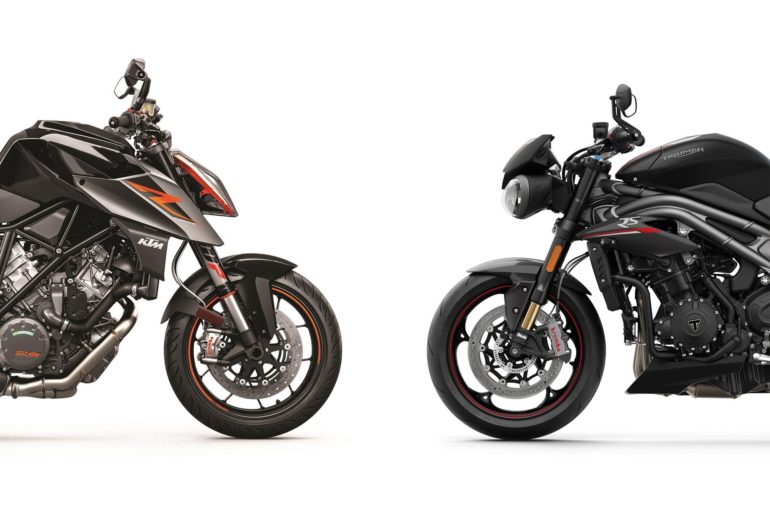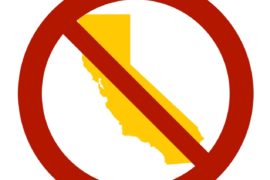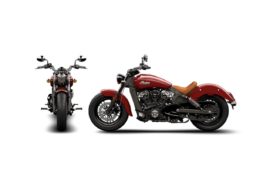As of yesterday, JEFTA is finally law in Europe and Japan, and the trade agreement is a big deal for both parties involved, as well as motorcyclists.
What? You haven’t heard of the Japan Europe Free Trade Agreement (JEFTA)? For our European readers, it is a critical piece of legislation, as this treaty of trade is set to make Japanese motorcycles a bit cheaper in Europe.
Agreeing to a schedule of tariff reductions, JEFTA achieves two goals that affect the motorcycle industry. First, it reduces the modest taxation of Japanese motorcycles, mopeds, scooters, and parts into the European Union.
Second, JEFTA helps align the European and Japanese emission standards for vehicles, thus unifying both countries under a single emission criteria for vehicles.
This means that Europe will slowly eliminte the 8% tariff on two-wheelers under 250cc, as well as the 6% tariff on two-wheelers over 250cc. Motorcycle parts will also see a reduction in their tariff, from 3.7% to 0%.
In all these situations it will take five years for the current tariff levels on Japanese motorcycles and Japanese motorcycle parts to reach zero inside the European Union.
It should be noted that since the United Kingdom hasn’t formerly left the European Union yet, with Brexit negotiations still shaky but underway, this free trade agreement would apply to the British until the time they have officially left the EU.
Overall, JEFTA is important because it means that our two-wheeled friends across the pond will enjoy buying Japanese motorcycles at a sizable price reduction – roughly a €1,000 reduction on a superbike model, for example.
For motorcycle manufacturers, the news is a win as well, as the uniformed emission standards mean that brands will have to invest less into homologating motorcycles for each market.
The ultimate goal would be to have a unified emissions standard for all markets, which would massively reduce the costs of developing a motorcycle model, while also having a marginal reduction in the cost to manufacturer a region-specific motorcycle specification. But, one step at a time here.
Of course, all of trade agreement is occurring in stark contrast to the current trade war that the United States is waging with Europe over the importation of aluminum and steel, which has already caused Harley-Davidsonand Indian Motorcycle Co. to look outside of the USA for its manufacturing needs on European market products.
The United States is also currently picking a fight with the European Union by threatening to tax small-displacement two-wheelers into the USA, if the EU doesn’t allow the US also to import beef into Europe.
As the fortune cookie says, “may you live in interesting times.”
Source: NieuwsMotor via Bikewriter




